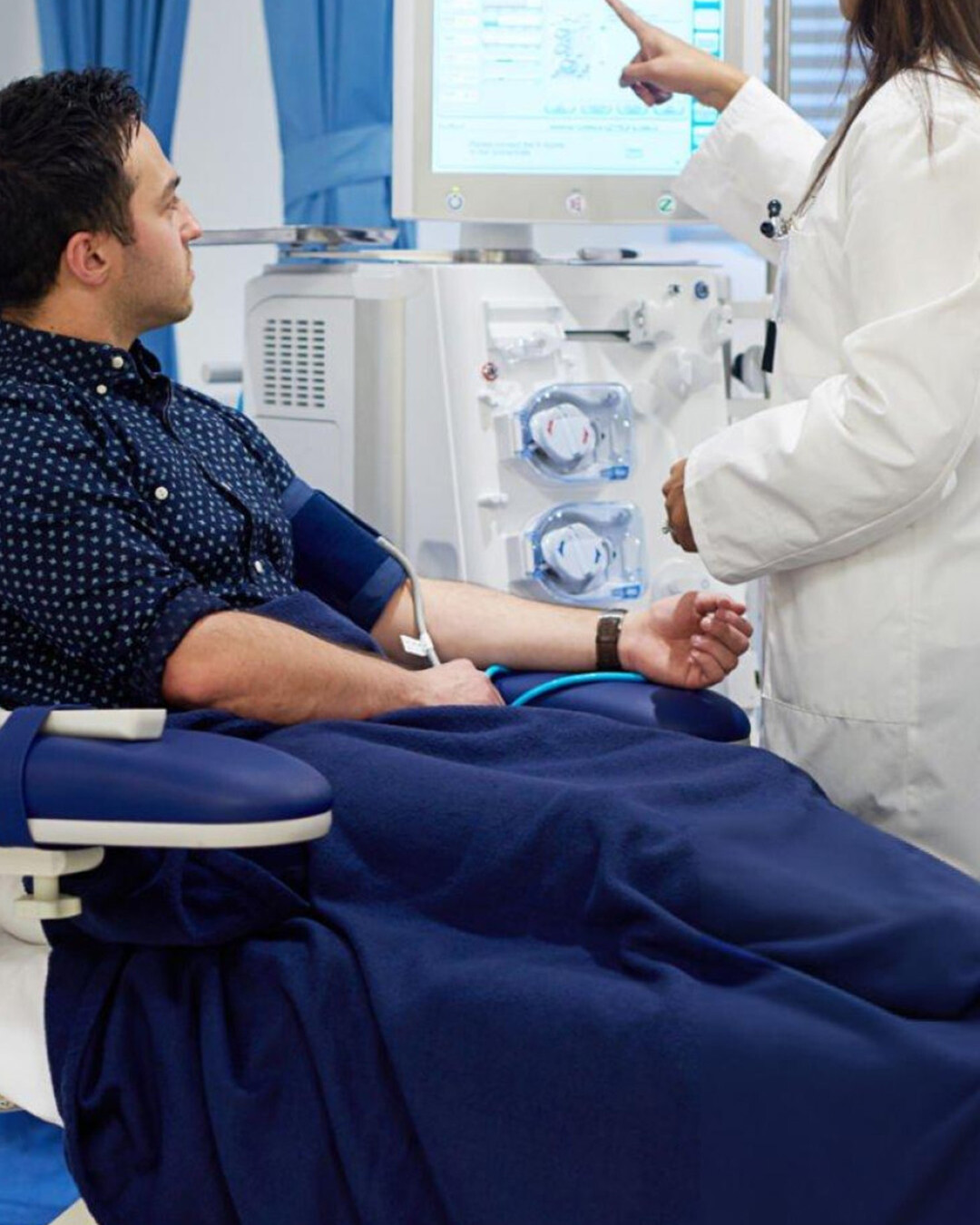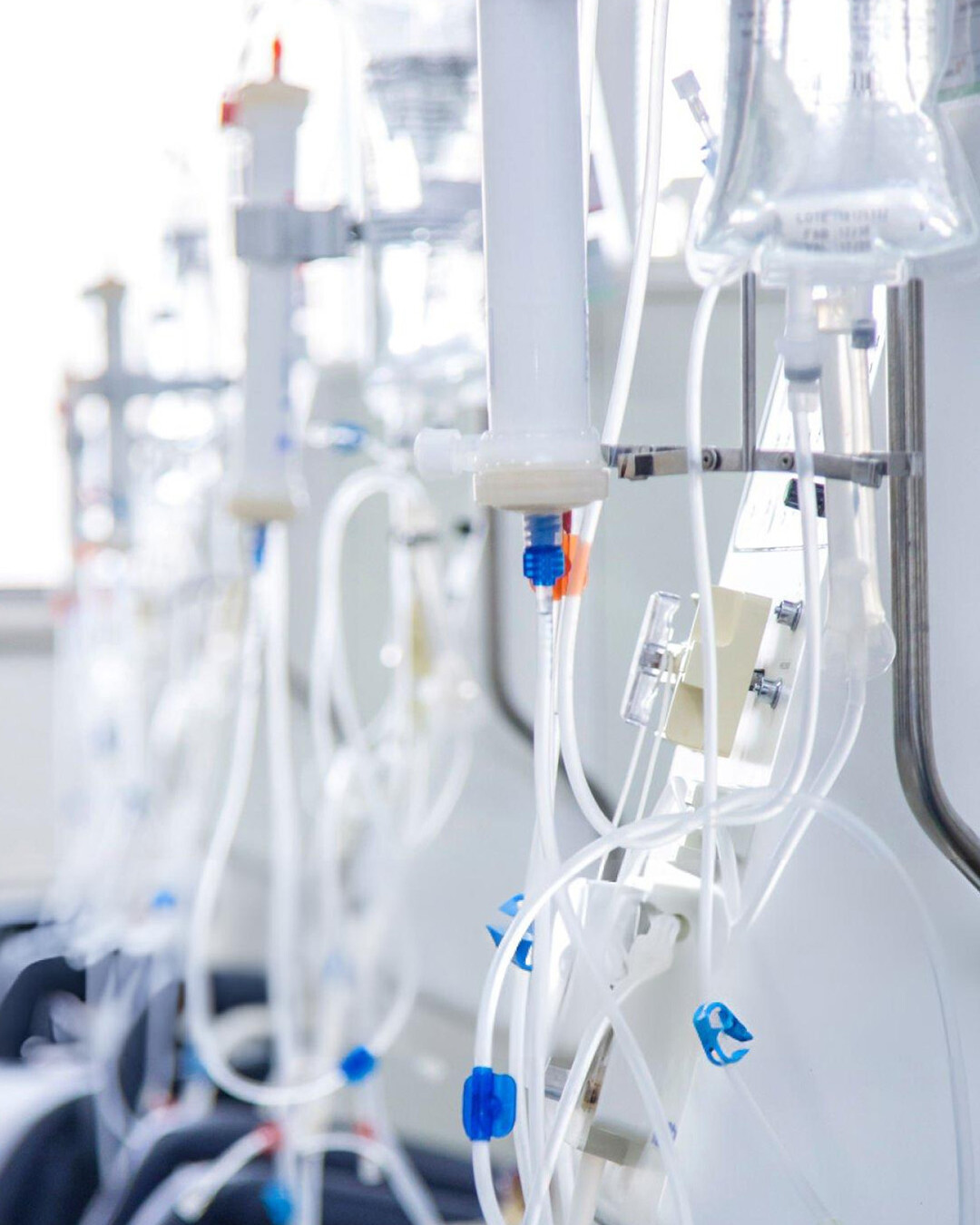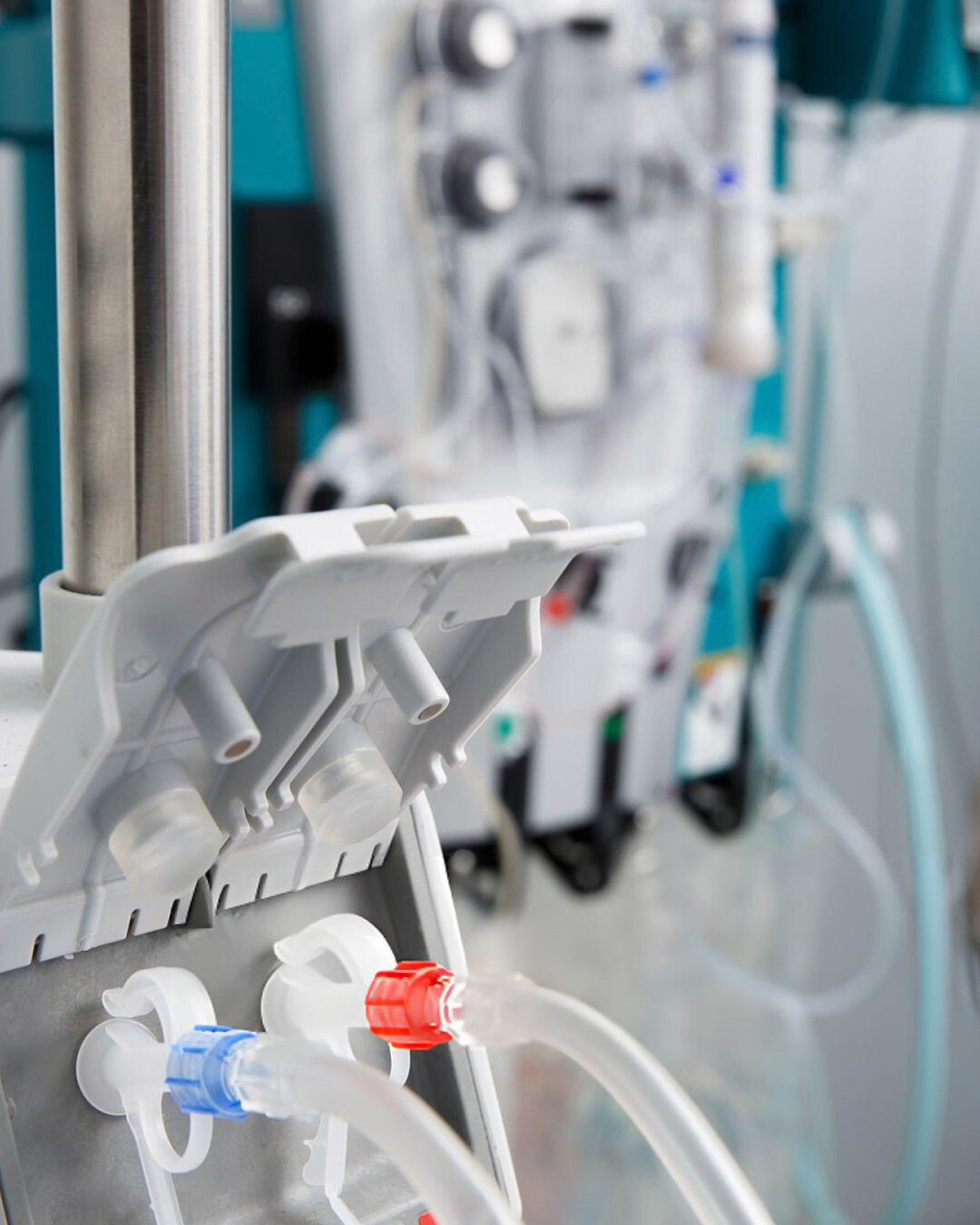The global dialysis industry continues to experience steady growth as chronic kidney disease (CKD) and end-stage renal disease (ESRD) rise worldwide. With an increasing aging population, advancements in healthcare infrastructure, and a growing focus on patient-centric care, dialysis has become an essential life-sustaining therapy across developed and emerging markets.
This comprehensive report explores the key trends, growth drivers, market challenges, and future opportunities shaping the dialysis industry globally in 2025 and beyond.
Understanding the Dialysis Market
Dialysis is a vital medical treatment that replaces the kidney’s natural function of removing waste and excess fluids from the blood when kidney failure occurs. There are two main types of dialysis: hemodialysis (HD) and peritoneal dialysis (PD).
Globally, hemodialysis continues to dominate the market due to widespread adoption in hospitals and dialysis centers, while peritoneal dialysis is gaining momentum as a preferred home-based therapy for patients seeking flexibility and improved quality of life.
According to leading market analysts, the global dialysis market was valued at approximately USD 90–110 billion in 2024 and is projected to grow at a CAGR of 5–7% through 2030. This expansion reflects not only the rising prevalence of CKD but also the growing number of dialysis centers worldwide and increased adoption of innovative dialysis consumables, equipment, and accessories.

Key Market Drivers
Rising CKD and ESRD Cases
The increasing global burden of chronic kidney disease remains the single largest factor driving dialysis demand. Sedentary lifestyles, diabetes, hypertension, and obesity are leading causes contributing to renal impairment. The World Health Organization (WHO) estimates that nearly 10% of the world’s population suffers from some form of CKD, making dialysis an unavoidable medical need for millions.
Aging Population
The growing geriatric population is more susceptible to kidney-related disorders. As life expectancy improves globally, the number of elderly patients requiring dialysis continues to rise, especially in North America, Europe, and Asia-Pacific.
Technological Advancements
Modern dialysis machines and consumables have evolved significantly. New-generation hemodialysis systems are more compact, energy-efficient, and equipped with smart monitoring technologies. Meanwhile, peritoneal dialysis systems now offer automated fluid exchanges and patient data tracking, making home dialysis more accessible and safer.
Home Dialysis Growth
The home dialysis segment is growing rapidly due to increased convenience, cost-effectiveness, and patient comfort. Government policies in several countries now promote home-based dialysis programs to reduce the burden on hospital infrastructure.

Market Segmentation Overview
The global dialysis market can be segmented into:
- By Type: Hemodialysis and Peritoneal Dialysis
- By Product: Dialyzers, Bloodlines, Catheters, Concentrates, and Accessories
- By End User: Hospitals, Dialysis Centers, Home Care Settings
- By Geography: North America, Europe, Asia-Pacific, Latin America, Middle East, and Africa
Among these, Asia-Pacific is projected to experience the highest growth due to rapidly expanding healthcare access in India, China, Indonesia, and Southeast Asia. Improved reimbursement policies and rising healthcare investments make these regions strategic growth hubs for global manufacturers.
Global Market Trends
Shift Toward Value-Based Care
Healthcare systems are transitioning from volume-based to value-based models, emphasizing patient outcomes and cost efficiency. Dialysis providers are focusing on quality consumables, infection prevention, and personalized treatment protocols to enhance results.
Integration of Digital Technologies
Digitalization is transforming dialysis care. Data-driven monitoring, telemedicine integration, and predictive analytics are being adopted for better patient management, machine performance tracking, and early detection of complications.
Sustainable Manufacturing
With environmental responsibility gaining importance, manufacturers are investing in eco-friendly production and waste management systems for dialysis disposables. Sustainability initiatives are influencing procurement decisions across global hospitals.
Strategic Collaborations
Manufacturers are forming strategic alliances with healthcare chains, nephrology associations, and governments to expand dialysis infrastructure. Public-private partnerships (PPP) are particularly impactful in developing countries to bridge treatment gaps.
Market Challenges
Despite its positive growth trajectory, the dialysis market faces several challenges:
- High treatment cost and limited reimbursement in low-income regions.
- Shortage of trained technicians and nephrologists in developing countries.
- Supply chain dependency on imported consumables and components.
- Infection control risks associated with reusable equipment and catheter care.
These challenges present opportunities for manufacturers who offer affordable, high-quality, and standardized products to address global healthcare disparities.
Future Outlook and Opportunities
The next decade will bring transformation through innovation, accessibility, and service integration. Emerging economies will continue to build dialysis capacity through new centers, mobile dialysis units, and portable devices.
The industry’s future lies in scalable, patient-centered solutions — and this is where companies like Advin Health Care are leading the change.
Advin Health Care stands out as one of the few global manufacturers offering a complete range of dialysis disposables, consumables, and accessories under one roof. With a focus on international quality standards, innovation, and affordability, Advin Health Care is not just a product manufacturer — it’s a long-term partner in kidney care infrastructure development.
Conclusion
The global dialysis market is evolving rapidly with increasing patient demand, policy reforms, and technological innovation. As healthcare providers look for reliable partners to expand dialysis services, the importance of trusted manufacturers becomes even more critical.
With a strong global presence, consistent product quality, and a comprehensive range of dialysis consumables, Advin Health Care continues to reinforce its position as a global leader in dialysis product manufacturing — supporting hospitals, nephrologists, and dialysis centers worldwide.



